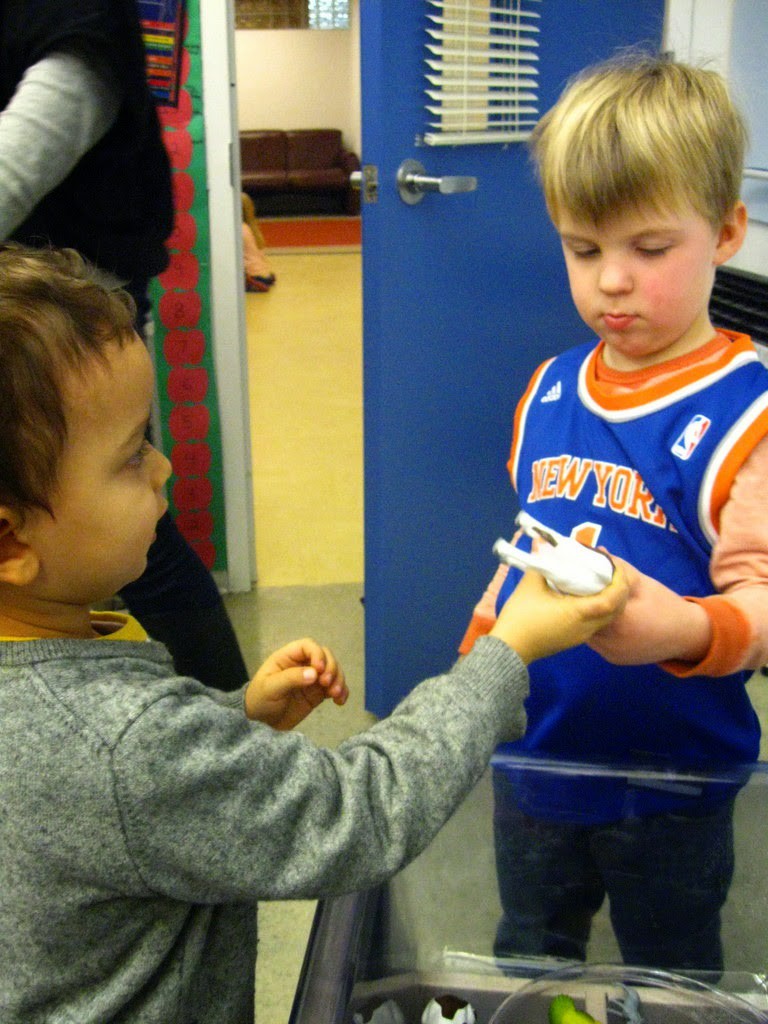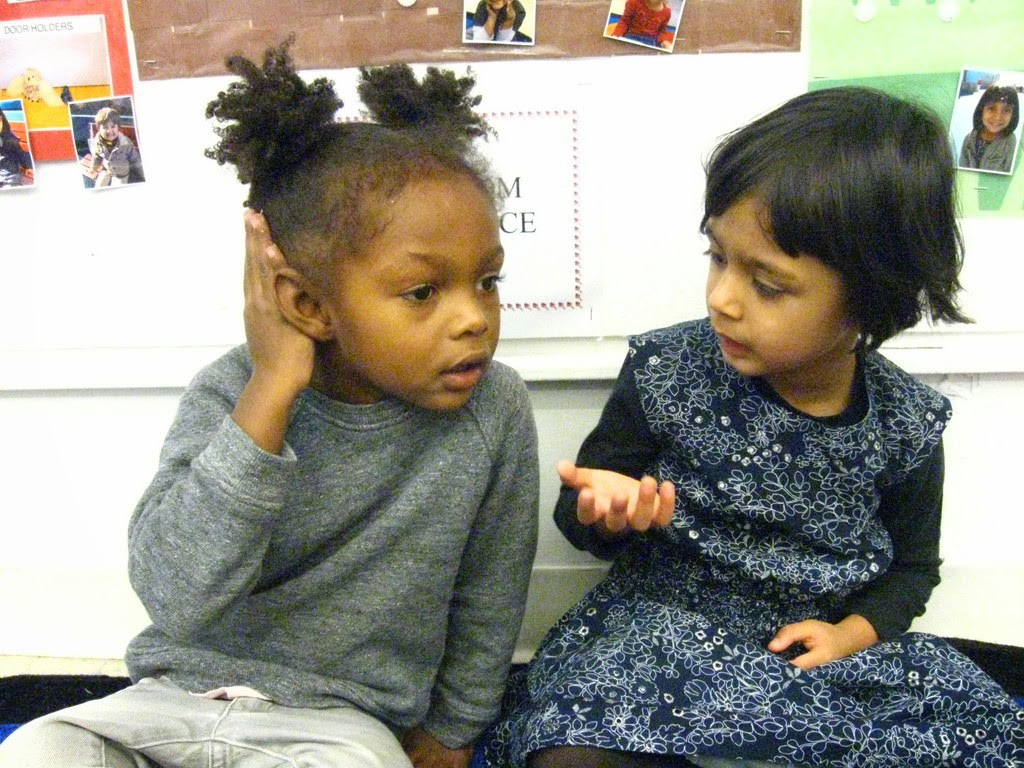Supporting Service Learning & Community Building with Young Children
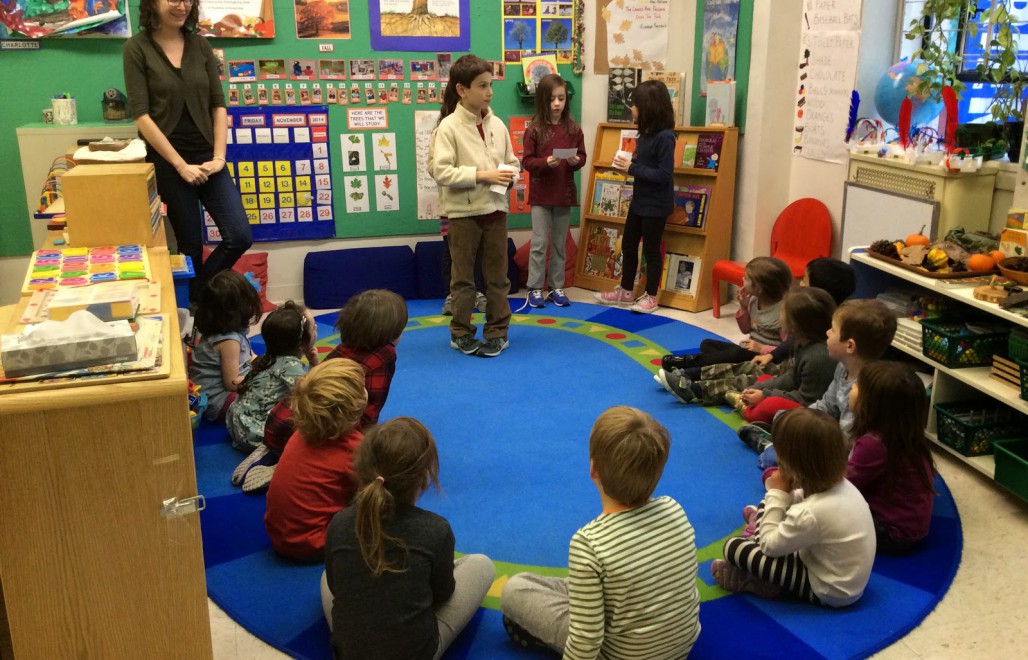
Included below are some examples of ways in which service learning grounded in C.A.R.E. manifests in the classrooms with our youngest students. You will also find some helpful language that adults can use with young children about how to make a positive difference in their classrooms, their communities, and the world. Thanks to Preschool Teachers Claudia Lewis and Laura Obuobi, and Preschool Head Maura Eden for their contributions to this list! And thanks to Bianca Sanchez for supplying photos from the Blue Room How to Be a Good Friend book.
COMMUNITY:
- Connecting with community members and expanding our school world beyond the classroom
e.g. Preschool Buddy Program with 2nd graders and 5th-8th graders, guest readers and visitors from within and outside the classroom community, trips throughout the school and in the neighborhood.
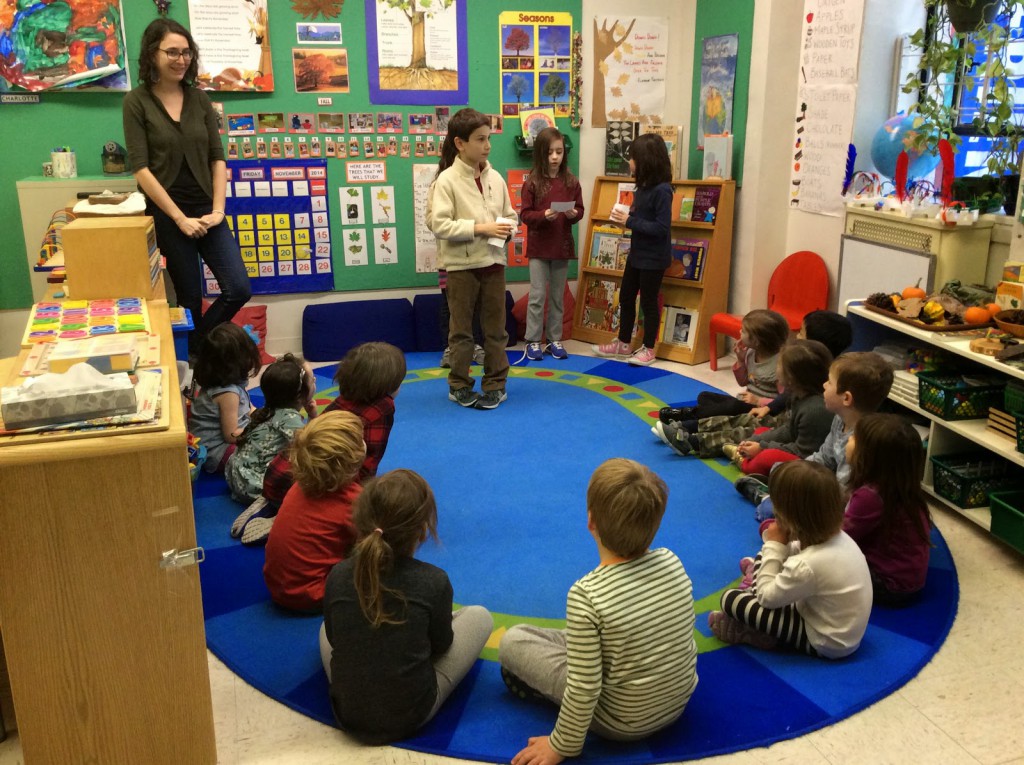
ACCOUNTABILITY:
- Understanding the impact you make on your environment and peers and the consequences of your behaviors – sometimes positive, sometimes negative
e.g. If you bring your friend a tissue when they’re crying, that might help them feel better (“What do you think will happen if you make that choice?”) Being aware that others are sleeping during Nap Time when you are not and ensuring that they have a quiet space (“Your friends can’t hear the story and rest their bodies when you are talking and singing loudly.”)
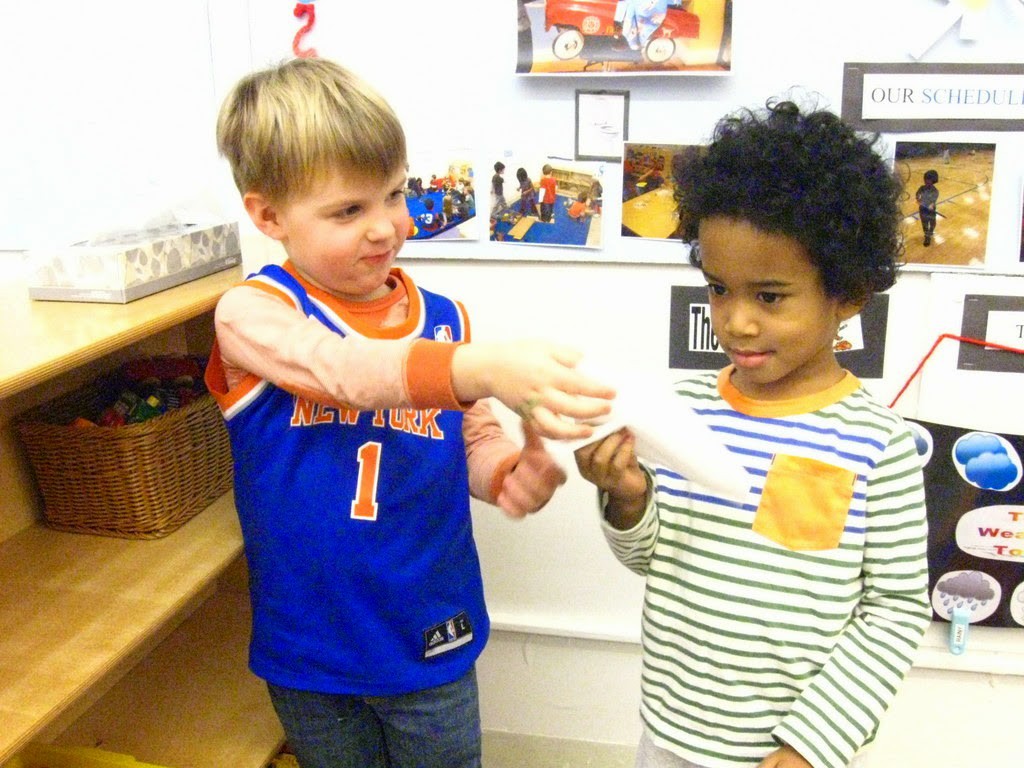
- Turn-taking, waiting, postponing gratification
e.g. Learning how to be part of the group during Circle Time through turn taking, listening, sharing thoughts, ideas, and feelings (“If you have something to share, you have to raise a quiet hand.” “It’s my turn to talk and your turn to listen.”)

- Communicating effectively and thoughtfully with others
e.g. Using our words to work out problems and disagreements, and seeking support when needed (“If you want a toy that your friend is using, use your words to ask for a turn. If you use your words and it doesn’t work, find an adult who can help you.”) Listening to others’ words and learning how to follow and respect them (“You have to make room for other peoples’ ideas.” “If we all talk at the same time, we won’t be able to hear each other.”)
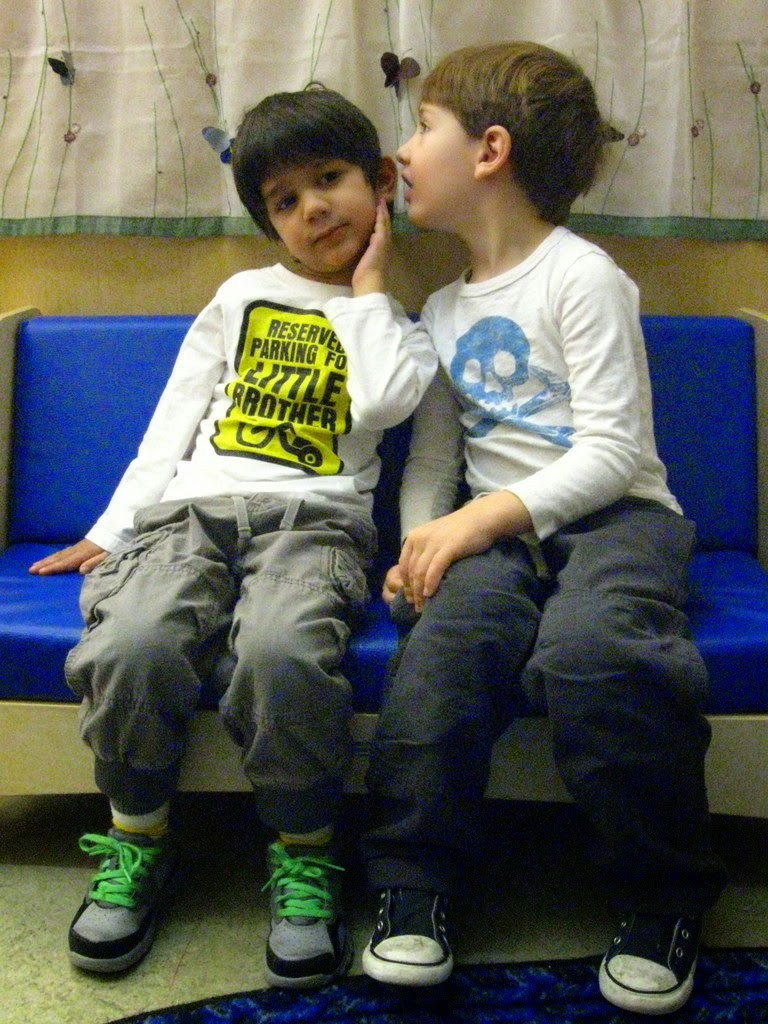
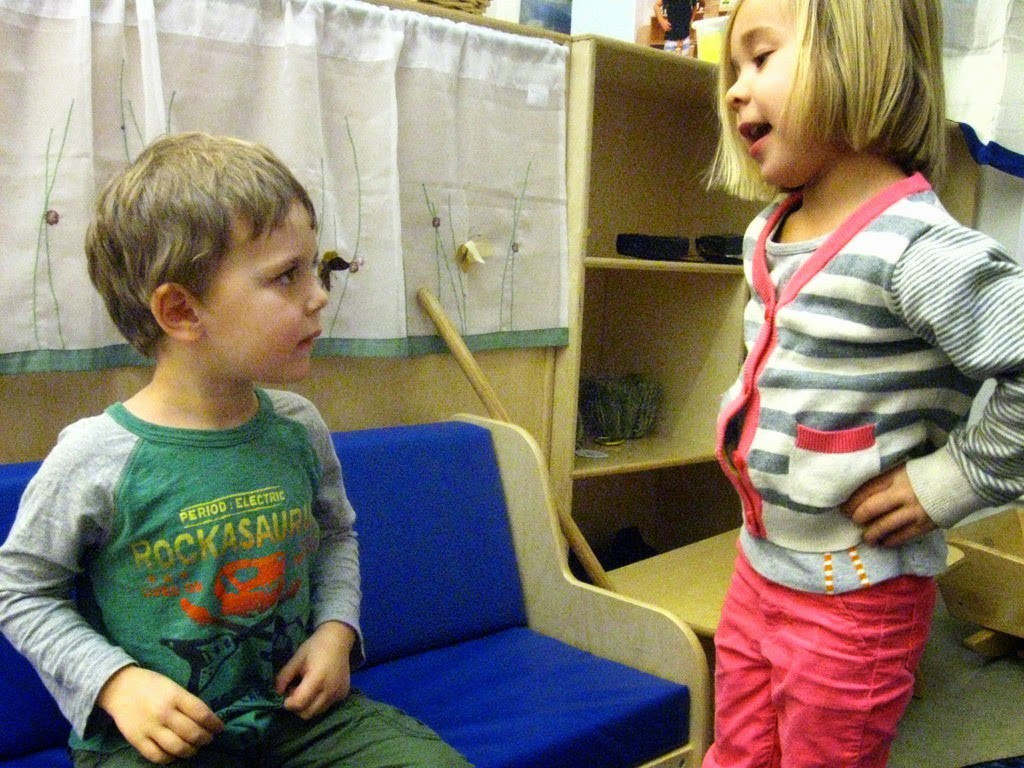
- Caring for and maintaining our common shared environment
e.g. Taking care of animals in the classroom and taking care of physical materials in the classroom (“When we play with water running in the sink, we are wasting water and that is not good for our planet.” “If you break all the crayons in the classroom we will have nothing left to draw with.” “Because the classroom before you took good care of our room, the toys are now here for you to play with. We need to take good care of our classroom so that the next group of children have toys to play with and books to read too.”)
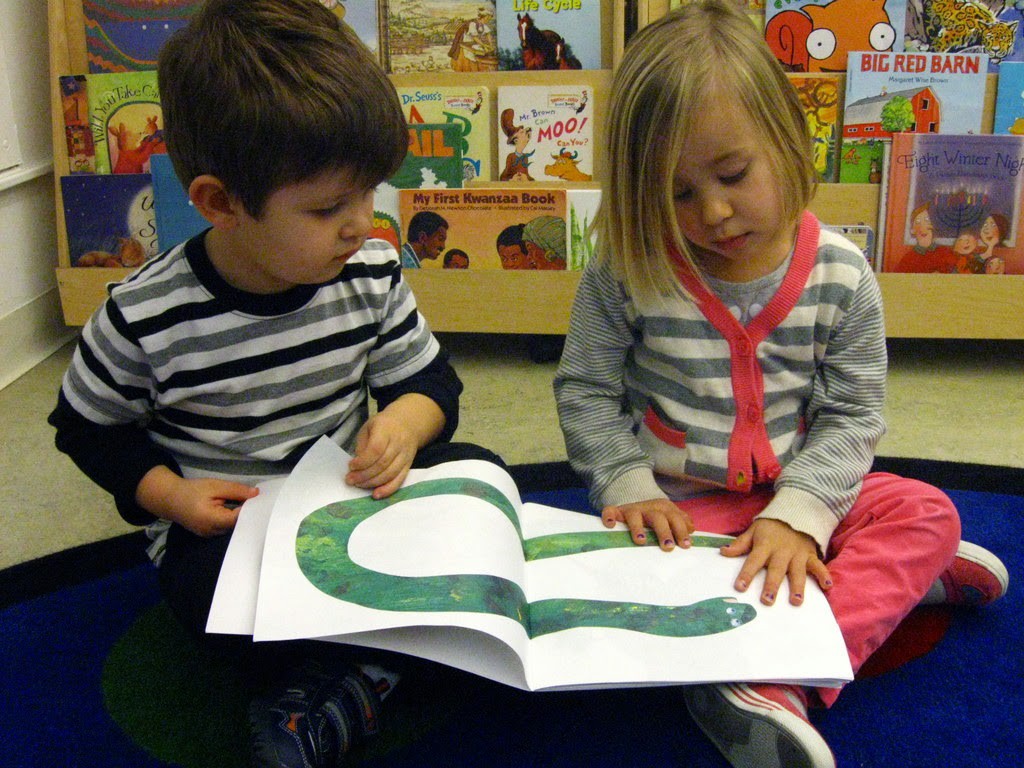
RECIPROCITY:
- Intentionally sharing materials and ideas (in the classroom and the community)
e.g. Thinking about who got there first and who has the most of something (“If someone just joined you and wants to play, you need to share.” “Ask your friend if they have another idea for how to play this game.”)
EQUITY
- Ensuring everyone in the classroom community has what they need
e.g. Helping each other – when someone is having difficulty, when we have something to offer, how to offer that help; Physical Awareness – being aware of how much space you are taking and how to ensure that others have the space they need to work and play comfortably (“Do you have enough space for yourself and does the person next to you have enough space too?”)
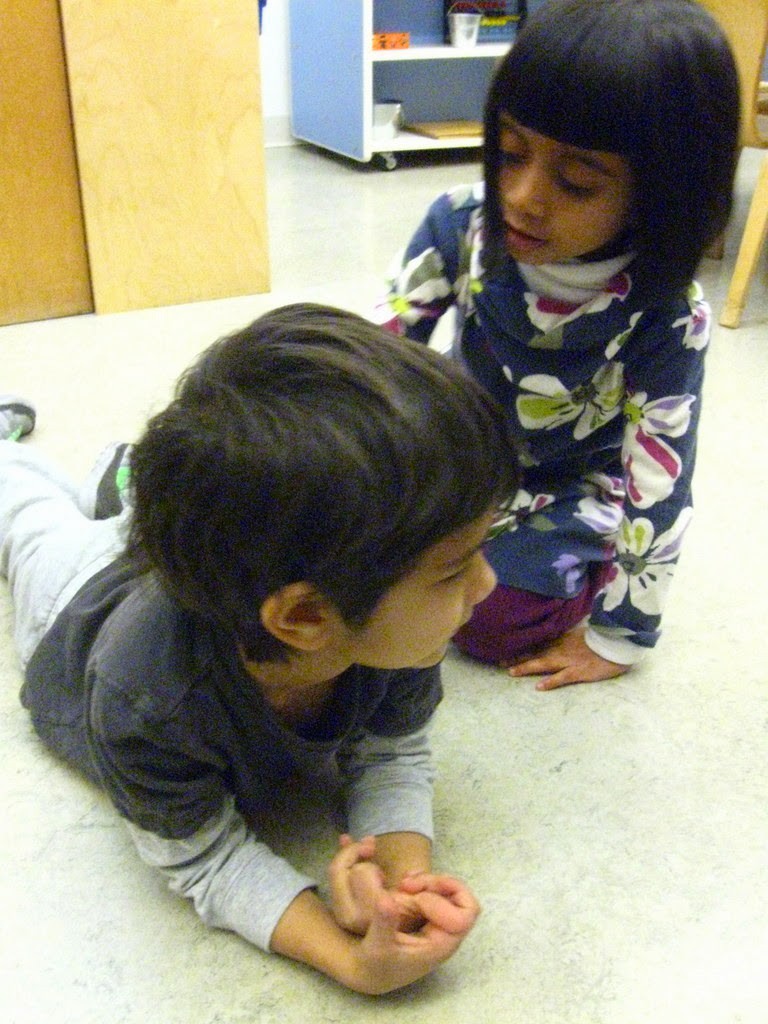
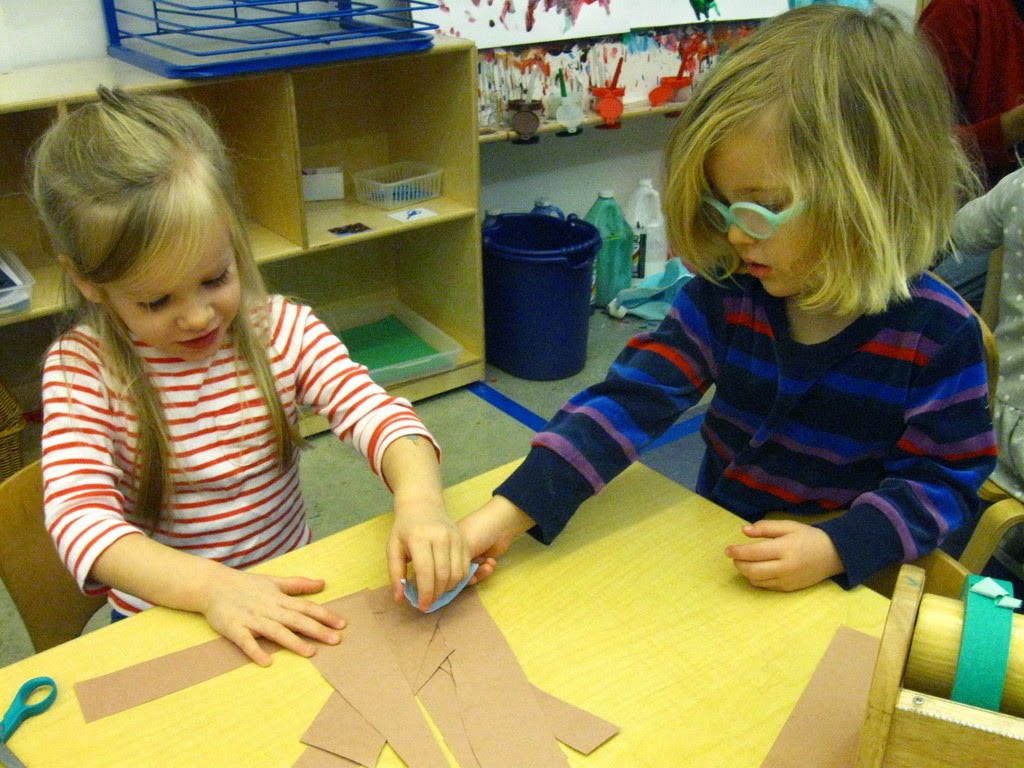
Read more about Service Learning & Community Building in the Preschool and Lower School on page 18 of the Fall 2014 Brooklyn Friends School Journal Article and about how our Family Center and Preschool Support Room to Grow.

